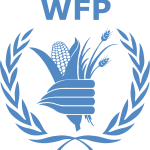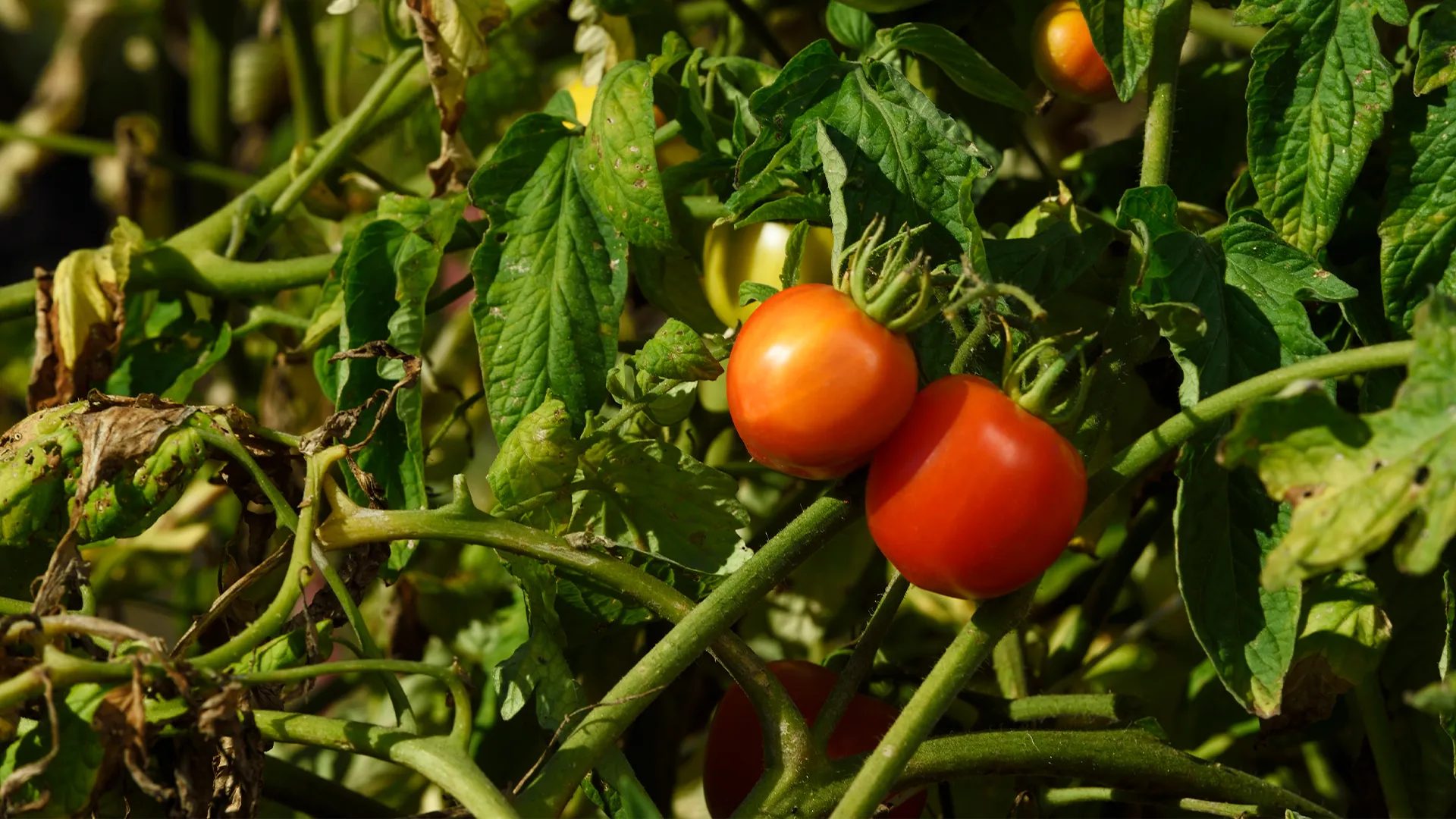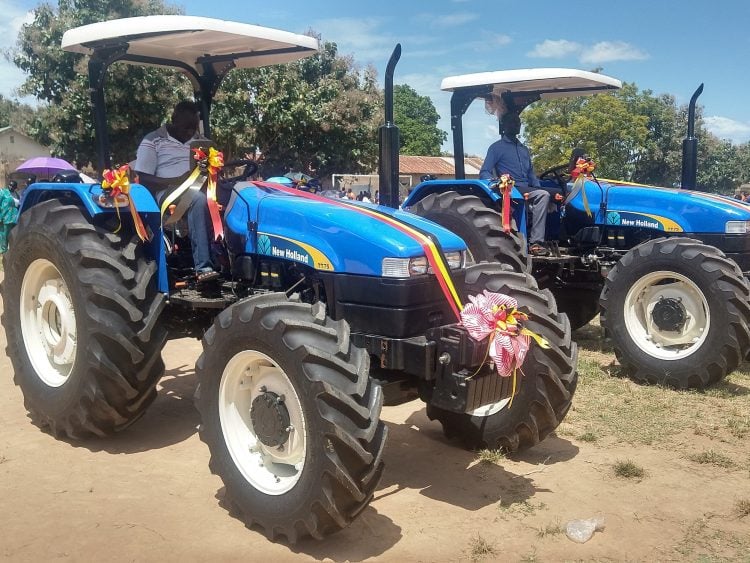Uganda’s animal products are facing widespread rejection in regional and international markets due to the practice of feeding animals poor-quality food, according to the Food Rights Alliance executive director, Agnes Kirabo.
During the launch of the African Women in Animal Resources Farming and Agribusiness Network (AWARFA-N) Uganda Chapter at Mestil Hotel, Kirabo emphasized the need for proper nutrition for both humans and animals. She pointed out that while governments expect to derive various products from animals, they have not made significant investments in animal feed and fodder.
Kirabo raised concerns about the lack of resources allocated to research and development in the feed and fodder sector, as well as the shortage of scientists specialized in this field. She questioned the availability of fodder seeds and the accessibility of quality feed for farmers to provide for their animals.
“We are just gambling about what animals eat, and carelessly, some people think that what is not safe for humans is what should be fed to animals,” Kirabo noted.
She also drew attention to the issue of using substandard food for animals, such as feeding maize contaminated with aflatoxins to pigs, cows, and chickens. Kirabo urged for a change in mindset, advocating for greater investment in animal feed and fodder, as well as the training of researchers and breeders.
Private sector involvement in producing fodder seeds and developing appropriate animal feed technologies was suggested as a way forward. This approach could contribute to improving animal feed quality and accessibility, particularly as Uganda seeks to transform its seed systems.
Kirabo emphasized the importance of controlling feed costs, stating that high feed prices could lead farmers out of business. Additionally, she stressed the link between feeding animals contaminated feeds with aflatoxins and the rejection of Uganda’s products in regional markets.
Kirabo also addressed the challenge of access to finance for women in the industry. She argued that banks do not consider cows or birds as suitable collateral, highlighting the need to reinstate the cooperative bank to facilitate women’s access to finance within the feed and fodder value chain.
Lovince Kobusingye, the president of AWARFA-N Uganda Chapter, highlighted the network’s role in providing a platform for women engaged in various animal resource value chains to influence national decisions and support growth in women’s participation in animal resources enterprises and agribusiness.
Frances Naiga Muwonge of Muwonge Organic Farm called for streamlining the livestock feed and fodder value chain to ensure the production of quality feeds, while Dr. Theophilus Mwesige, the commissioner of Animal Production, encouraged women in the sector to focus on quality and assured government support, including collaboration with banks to improve access to finance.




















